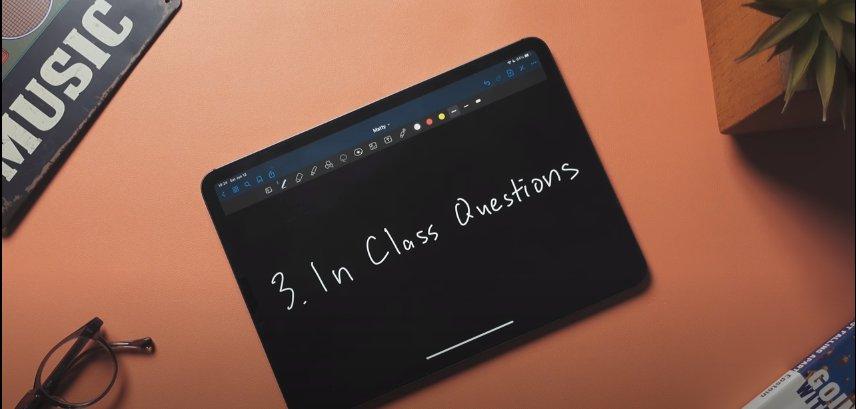During class - 3). In class questions
During class, you can turn each slide/material into a question
For topics: "What is" questions (What is addiction?)
For processes: "How" questions (How is ATP made?)
For concepts: "Why" questions (Why the human body is so complicated?)
108
913 reads
CURATED FROM
IDEAS CURATED BY
Study better and efficiently before class, during class and after class
“
The idea is part of this collection:
Learn more about education with this collection
How to communicate effectively with teachers
How to create a supportive learning environment at home
How to manage your child's school schedule and activities
Related collections
Similar ideas to During class - 3). In class questions
Unsing open-ended questions
Being a good listener is not about getting the facts about what made them upset. It is to be supportive, offer encouragement, and empathize.
Ask open-ended questions to communicate that you're interested in them. Avoid questions beginning with 'Why' and use 'What' or 'How' instead....
5 Keys to asking better questions
Asking a lot of questions (lots but not too many) unlocks learning and improves interpersonal bonding.
- TYPE 👉 People interacting with a partner who asks lots of follow-up questions (solicit more information) tend to ...
Study Less Study Smart
- Break your study time down in to chunks such as 30 minutes and then take a 5 minute break to keep your brain fresh and awake as you are studying.
- Teach what you learn to others. This is one of the big values from study groups.
- Know the difference between recollection and rec...
Read & Learn
20x Faster
without
deepstash
with
deepstash
with
deepstash
Personalized microlearning
—
100+ Learning Journeys
—
Access to 200,000+ ideas
—
Access to the mobile app
—
Unlimited idea saving
—
—
Unlimited history
—
—
Unlimited listening to ideas
—
—
Downloading & offline access
—
—
Supercharge your mind with one idea per day
Enter your email and spend 1 minute every day to learn something new.
I agree to receive email updates

